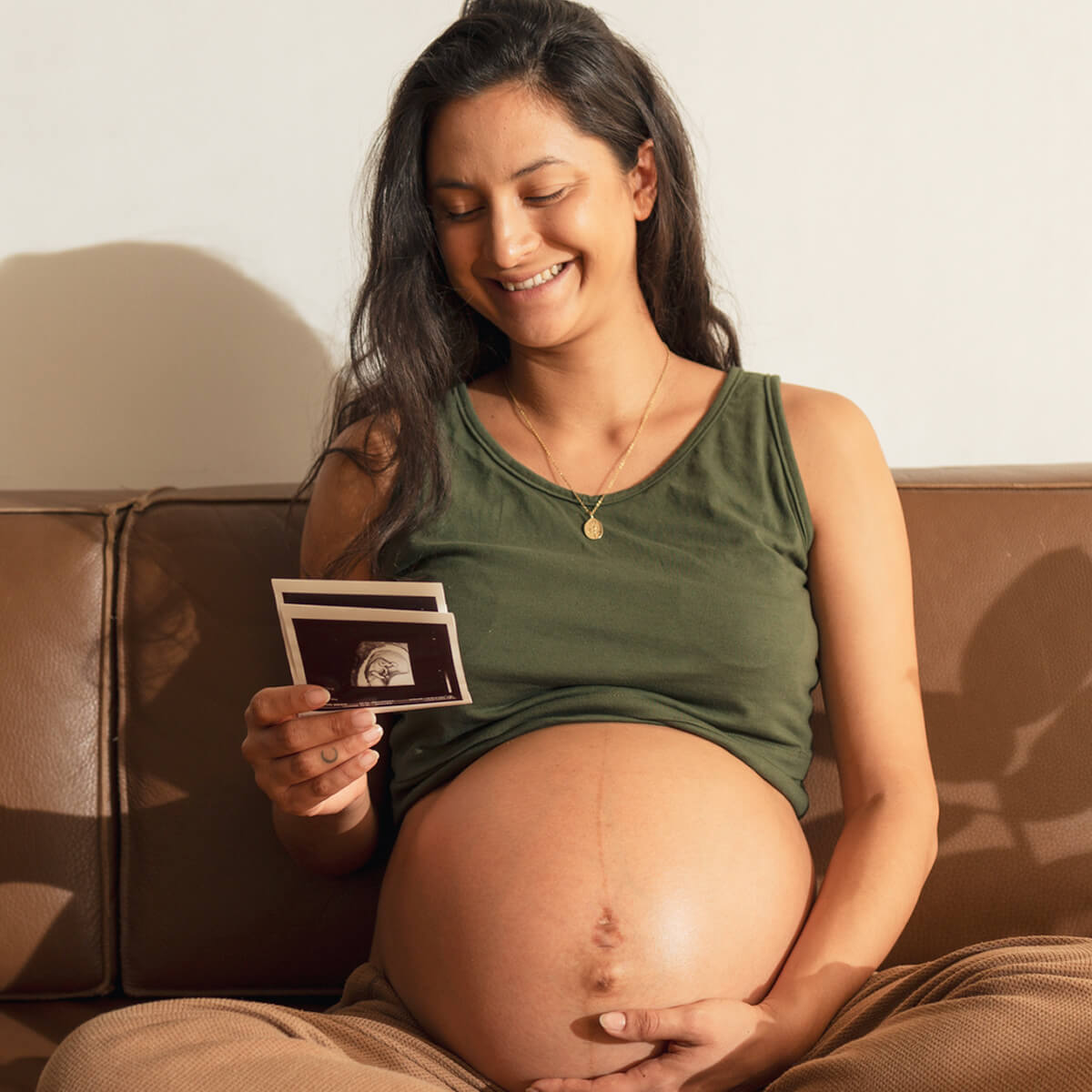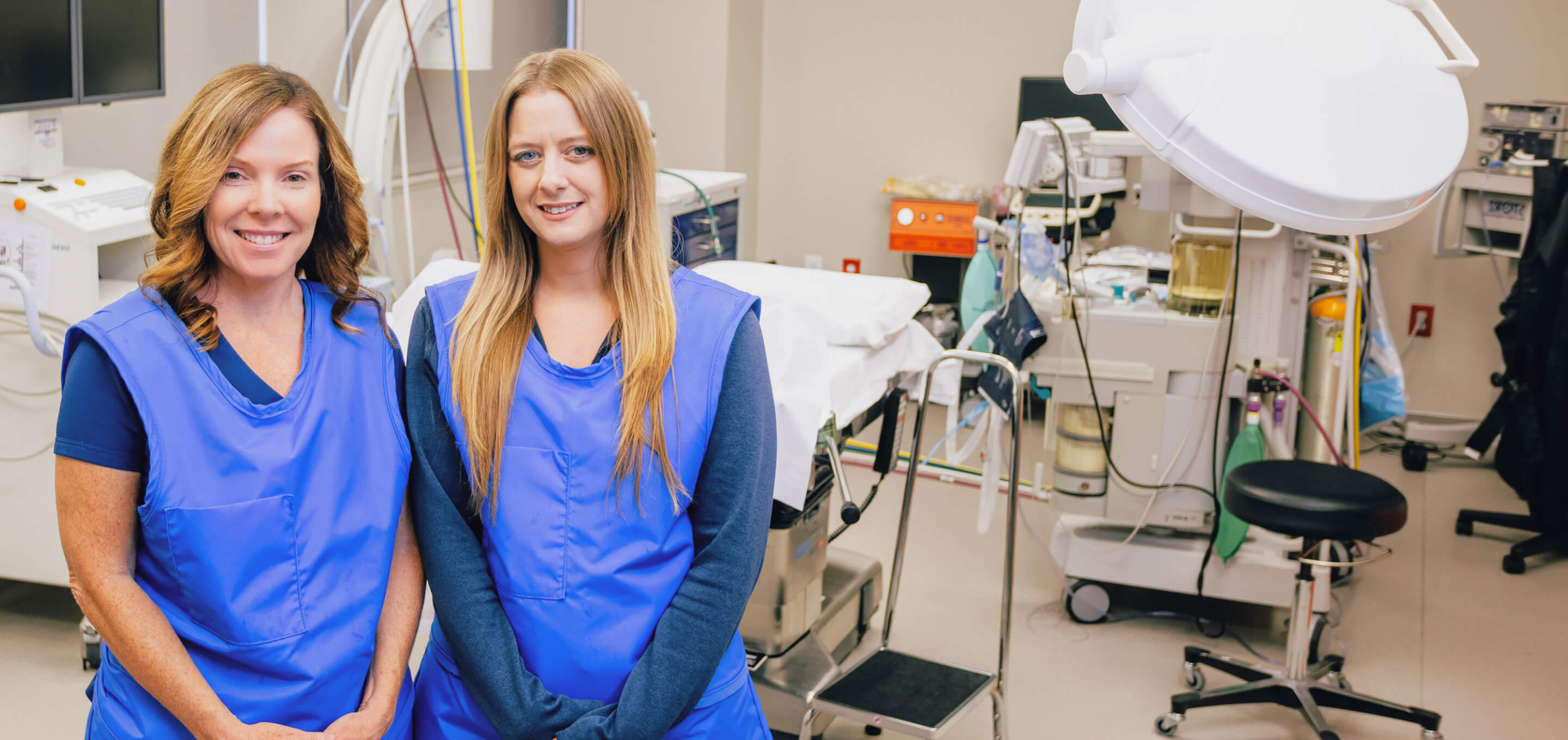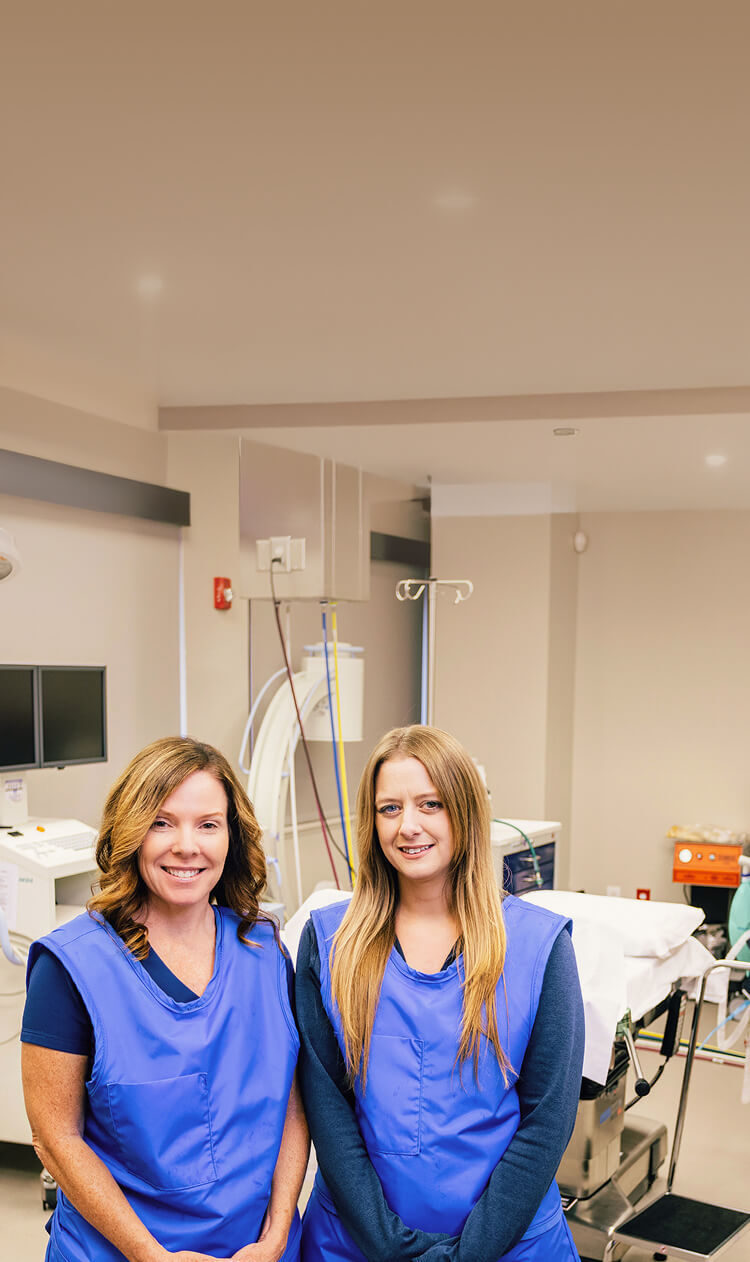Your local home for world-class fertility care
Our boutique fertility clinic is conveniently located in northeast Louisville, Kentucky.
Conceiving Dreams
KFI is proud to be the home of Kentucky’s leading team of reproductive healthcare clinicians and scientists. Our fertility specialists are dedicated to providing compassionate, individualized care that prioritizes both the experiences and outcomes for our patients. Wherever you are in your fertility journey, we’re here to help you take the next step.
Kentucky Fertility Institute's patient-centered model of care allows us to balance patient preferences, values, and clinical needs to create a truly personalized treatment plan.
We take pride in maintaining excellent clinical outcomes, but our greatest success is in the number of patients who entrust us with their care.
Our team values the importance of community and collaboration, and every member of the KFI team is available to help support your unique fertility journey.
Our boutique fertility clinic is conveniently located in northeast Louisville, Kentucky.












